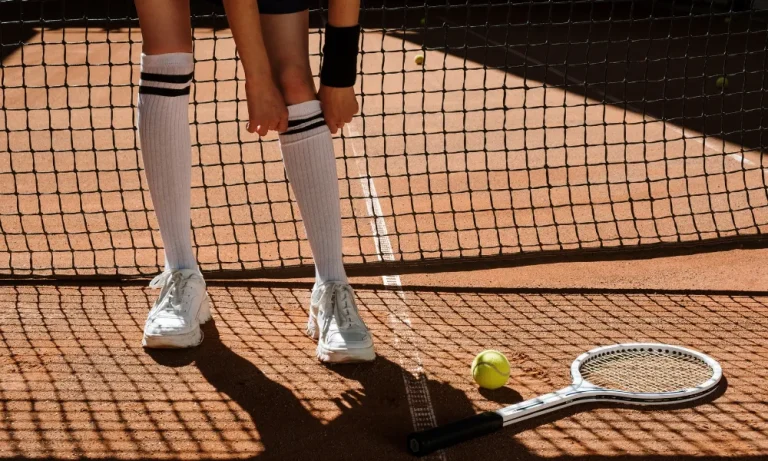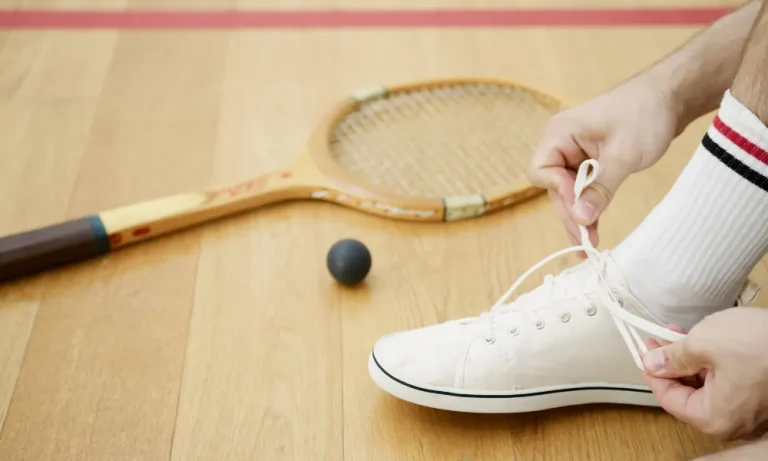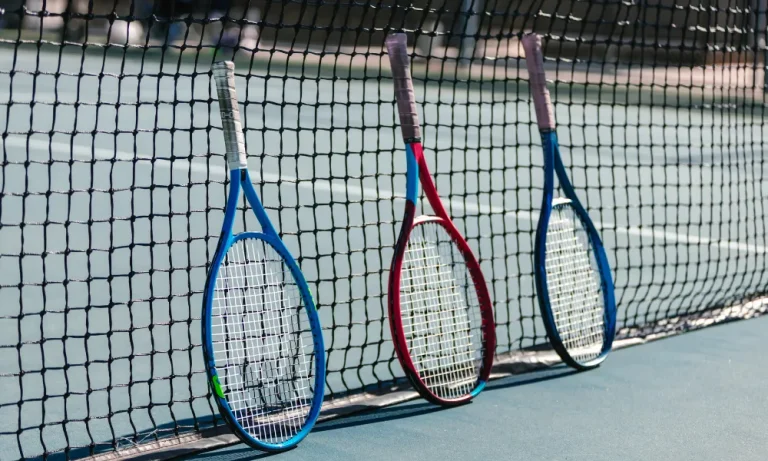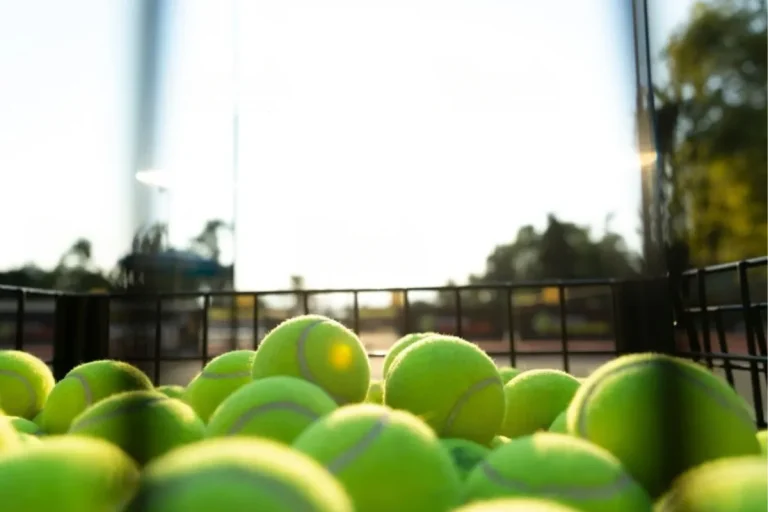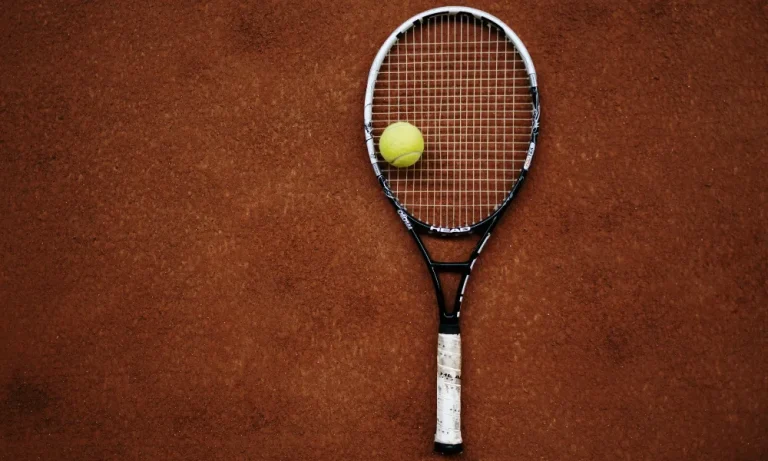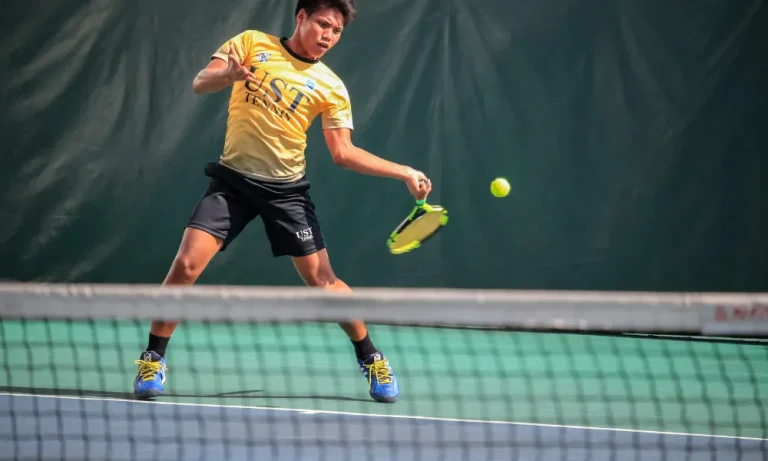Why do tennis players make a grunting noise?
Have you ever wondered why tennis players make those intriguing grunting noises on the court? It’s not just for show or to confuse their opponents, there’s a scientific reason behind it. In this article, we’ll delve into the fascinating world of tennis grunting, exploring the purpose, the impact, and the controversy surrounding this unique aspect of the game. Get ready to uncover the secrets behind those loud “huh!” and “ha!” sounds that echo through the tennis courts.
The Physiology of Grunting
When a tennis player grunts, it is not just a random sound; it is a deliberate action that involves multiple physiological processes. The grunting sound is produced during the exhale phase of a shot, typically coinciding with the moment of impact between the racket and the ball.
Grunting in tennis can have a significant impact on a player’s breathing patterns. By exhaling forcefully during a shot, players create a controlled release of air, allowing them to maintain a stable core and better control their movements. This controlled exhale also helps prevent breath-holding, which can lead to increased muscle tension and reduced coordination.
Grunting in tennis is closely linked to the activation of core muscles. When players produce a loud grunt, it engages their abdominal muscles, diaphragm, and pelvic floor muscles. This activation provides stability and support to the body, allowing for more explosive movements and better transfer of energy during shots.
Psychological Benefits of Grunting
Grunting in tennis has been found to help players maintain focus during intense rallies. By making vocalizations, players create a rhythm and a focal point for their attention, blocking out distractions and honing in on the game. This increased focus allows them to react more quickly to the ball and make better strategic decisions.
Grunting also plays a crucial role in boosting self-confidence. When players grunt, they create an auditory cue that reinforces their actions. This auditory feedback can have a positive impact on their self-perception, increasing their belief in their abilities and contributing to a sense of confidence on the court. Moreover, grunting can help alleviate anxiety by providing an outlet for nervous energy, allowing players to channel their emotions into their performance.
Grunting in tennis is closely associated with mental toughness and resilience. By vocalizing their efforts, players demonstrate their determination and commitment to the game. The act of grunting can serve as a reminder of their own strength and resilience, helping them overcome challenges and stay focused in the face of adversity.
The Impact of Grunting on Opponents and Performance
Numerous studies have investigated the impact of grunting on opponents’ concentration and performance. The findings suggest that grunting can indeed be distracting, disrupting the opponent’s focus and rhythm. The sudden and unexpected noise can interfere with their ability to anticipate shots and react quickly. Consequently, opponents may experience a decline in their performance, struggling to maintain their composure and execute their game plan effectively.
According to experts, the distraction caused by grunting can be attributed to several factors. First, the noise itself captures the attention of the opponent, diverting their focus from the game. Second, the timing of the grunt can disrupt the opponent’s timing and rhythm, making it challenging to synchronize their movements with the ball. Lastly, the uncertainty created by the grunt can induce anxiety and increase the pressure on the opponent, leading to errors and decreased performance.
The impact of grunting on performance is subjective and can vary from player to player. While some players may find grunting distracting and struggle to adapt, others may use it to their advantage. Grunting can create an impression of power and dominance, potentially intimidating opponents and boosting the grunter’s confidence. However, it is important to note that excessive or deliberately exaggerated grunting may be seen as unsportsmanlike conduct and can result in penalties.
Conclusion
The reasons behind tennis players making grunting noises are multifaceted. Some players argue that it enhances their power and concentration, while others believe it is simply a natural response to exertion. Regardless of the motivations, the debate surrounding grunting in tennis continues, adding an extra layer of intrigue to the sport.
FAQs: Why do tennis players make a grunting noise?
Why do tennis players make grunting noises during matches?
Tennis players often grunt to help generate power and release tension during their shots. It is believed to enhance focus, timing, and overall performance.
Is grunting a deliberate tactic used by players to distract opponents?
While some players may use grunting strategically to disrupt their opponents’ concentration, most players argue that it is a natural and involuntary reaction to physical exertion.
Can grunting in tennis affect the outcome of a match?
Grunting can potentially impact the match by influencing the opponent’s rhythm and mental state. However, its impact varies from player to player and depends on personal tolerance levels.
Are there any rules or regulations regarding excessive grunting in tennis?
Currently, there are no specific rules against grunting in tennis. However, authorities have discussed the possibility of implementing stricter regulations to address excessive or deliberate grunting.
Do all professional tennis players grunt?
No, not all professional tennis players grunt. It is a personal preference and varies among players. Some players choose to grunt, while others do not, based on their individual playing style and comfort level.

